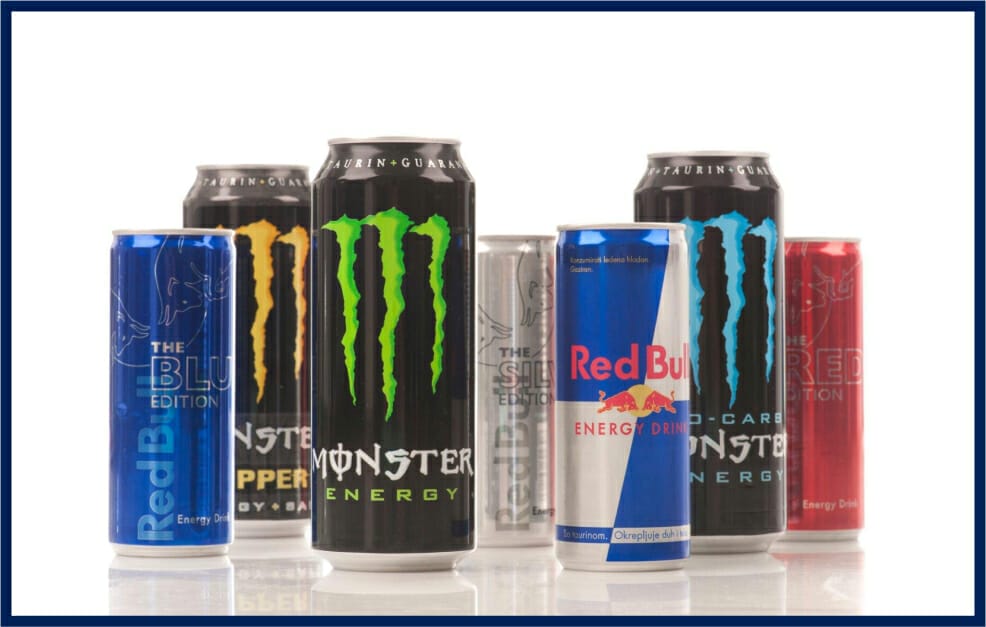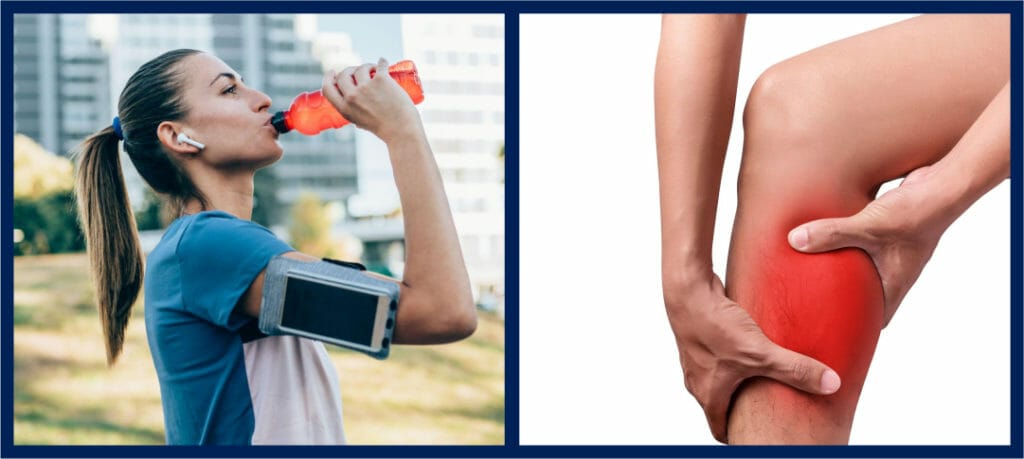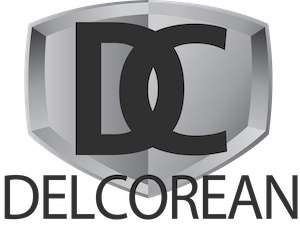You’re halfway through your workout when it hits—a sharp muscle cramp that stops you in your tracks. If you had an energy drink earlier, you might start wondering: do energy drinks cause muscle cramps, or is something else to blame?
It’s a fair question. Energy drinks are packed with caffeine, sugar, and other ingredients that can affect your body in different ways. And muscle cramps? They’re frustrating, painful, and seem to show up at the worst possible times.
So, are these popular beverages actually triggering those painful spasms, or is something else going on? We’ll explore what’s inside your favorite energy drink, what causes muscle cramps in the first place, and whether there’s actually a link between the two.
Diving into the Energy-Boosting World of Energy Drinks

To truly understand the impact of energy drinks on our bodies and, specifically, on our muscles, we need to start by examining what these beverages are and what they contain.
What Exactly Are Energy Drinks?
Energy drinks are beverages intended to boost your mental and physical energy. They’re popular among students, athletes, and those who work long hours or engage in intense physical activities. They come in various flavors and brands, but they all promise one thing: a quick energy boost to get you through the day.
The Typical Ingredients in Energy Drinks
Energy drinks are a cocktail of several ingredients. While the specifics can vary between brands, there are a few key components that are almost always present:
- Caffeine: The primary ingredient in most energy drinks, caffeine, is a stimulant that boosts alertness and reduces fatigue.
- Sugar: Energy drinks often contain high amounts of sugar to give you a quick, albeit short-lived, energy surge.
- Taurine: This is an amino acid that’s often touted for its potential to improve athletic performance.
- B Vitamins: These are included for their role in converting food into energy.
- Guarana: This plant extract contains caffeine, and it’s often added to energy drinks to amplify the caffeine content.
How These Ingredients Affect Your Body
While these ingredients can give you a temporary energy lift, they also have some effects you might not be aware of:
- Caffeine: In large amounts, caffeine can lead to a rapid heart rate, sleep disturbances, and jitteriness.
- Sugar: A high sugar intake can lead to energy crashes, weight gain, and, over time, increased risk of diseases like diabetes.
- Taurine: While generally considered safe in moderate amounts, the effects of consuming large quantities of taurine over time are still unclear.
- B Vitamins: Overconsumption of certain B vitamins can cause symptoms like nerve damage, excessive urination, and skin conditions.
- Guarana: Because it’s a source of caffeine, guarana can compound the effects of caffeine, potentially leading to caffeine overdose.
Why Do Muscle Cramps Happen and What Triggers Them?
Before we dive into whether your energy drink might be causing those painful cramps, let’s talk about what actually makes muscles cramp in the first place.
A muscle cramp is basically your muscle deciding to contract hard and fast without your permission. If you’ve ever been woken up by a brutal charley horse or had to stop mid-workout because of a sudden cramp, you know exactly what we’re talking about.
So what sets off these unwelcome muscle contractions? There are three main troublemakers:
When Your Body Runs Low on Fluids
Dehydration is probably the biggest cramp culprit out there. When you don’t have enough fluid in your system, your muscles become way more likely to seize up. Think of it like trying to run a car with low oil—things just don’t work as smoothly.
The Electrolyte Balancing Act
Your muscles rely on a delicate balance of electrolytes—sodium, potassium, calcium, and magnesium—to contract and relax properly. When these get out of whack, your muscles can start misfiring. It’s like having a wonky electrical system that sends mixed signals.
When You Push Too Hard
Sometimes cramps happen simply because you’ve asked too much of your muscles. Whether you’re lifting heavy weights, running longer than usual, or even just holding an awkward position for too long, overworked muscles have a tendency to rebel with painful cramps.
The bottom line? Your muscles need the right balance of fluids, electrolytes, and rest to function smoothly. Throw any of these off, and you’re setting yourself up for some uncomfortable moments.
The Direct Impact of Energy Drinks on Muscles

Now, let’s connect the dots. How do energy drinks, with their potent mix of caffeine, sugar, and other ingredients, affect our muscles? Can they, in fact, cause muscle cramps?
Caffeine’s Effect on Muscles
Caffeine is a stimulant, and it’s known for its ability to boost alertness and energy. However, the picture gets a bit more complex when it comes to its impact on muscles.
On the one hand, some research suggests caffeine can enhance muscle contraction and delay fatigue.
But, on the other hand, excessive caffeine can cause dehydration, which, as we know, can trigger muscle cramps.
The Influence of Sugar on Hydration and Electrolyte Balance
The high sugar content in energy drinks can lead to a quick surge of energy, followed by an inevitable crash. But what about its effects on muscles?
Sugar can actually disrupt the body’s hydration status and electrolyte balance. When you consume a sugary drink, your body needs extra water to process the sugar, potentially leading to dehydration. And as we’ve discussed earlier, dehydration can upset the electrolyte balance, which is crucial for muscle function, possibly leading to cramps.
Existing Research on Energy Drinks and Muscle Health
The scientific community has begun to take note of the potential impact of energy drinks on muscle health. Some studies have found a possible link between heavy consumption of energy drinks and a higher risk of muscle cramps.
However, it’s important to note that more research is needed to establish a definitive connection, as many factors can contribute to muscle cramps.
Effective Ways to Relieve Muscle Cramps

Several tried-and-true methods can help when a muscle cramp strikes:
- Stretching: Gently stretching the cramped muscle can provide relief. Each muscle group requires a specific type of stretch, so it’s beneficial to learn the correct times for common cramp-prone muscles.
- Massaging: Gently massaging the affected muscle can help it to relax, easing the cramp.
- Hydration: Ensuring you’re well-hydrated can prevent cramps from occurring in the first place, as dehydration can often trigger muscle cramps.
While these methods can be effective, you may need extra help. That’s where CRAMP 911, a muscle-relaxing lotion, comes in.
Meet CRAMP 911: Fast-Acting Relief When You Need It Most
Sometimes, traditional methods just aren’t enough, and you need something that works faster. That’s where CRAMP 911 comes in—a specialized muscle-relaxing lotion that’s designed to tackle cramps head-on.
This isn’t just another topical pain reliever. CRAMP 911 is specifically formulated to target muscle cramps and spasms, and it can potentially provide relief in as little as 15 seconds after application. With a 96% satisfaction rating from users, it’s clear that people are finding real relief with this product.
What makes CRAMP 911 particularly interesting is its versatility. While many people reach for it when a cramp hits, it can also be used preventively. Applied at bedtime or before a sporting event, CRAMP 911 can help prevent muscle and leg cramps for up to eight hours. It’s effective for back and neck pain caused by muscle spasms, and works well for toe, foot, and hand cramps too.
The product comes in a convenient 21ml large roll-on bottle for $19.95, giving you 150-200 applications. That’s a lot of potential relief in a package that’s easy to carry with you to the gym, office, or anywhere cramps might strike.
For people who deal with medication-related muscle cramps—like those caused by statins or certain antacid medications—CRAMP 911 offers a non-pharmaceutical option that many have found successful.
So, Should You Ditch the Energy Drinks?
While there’s no definitive research linking energy drinks directly to muscle cramps, we’ve seen how the ingredients in these drinks—notably caffeine and sugar—could affect hydration and electrolyte balance, which could contribute to muscle cramps.
However, it’s important to remember that many factors can cause muscle cramps, and energy drink consumption might be one piece of the puzzle.
As we seek ways to prevent and relieve muscle cramps, it’s also worth exploring natural remedies.
For instance, did you know that essential oils can help manage muscle cramps? Check out our previous post on “How to Use Essential Oils for Muscle Cramps: Tips and Tricks” for more information.


